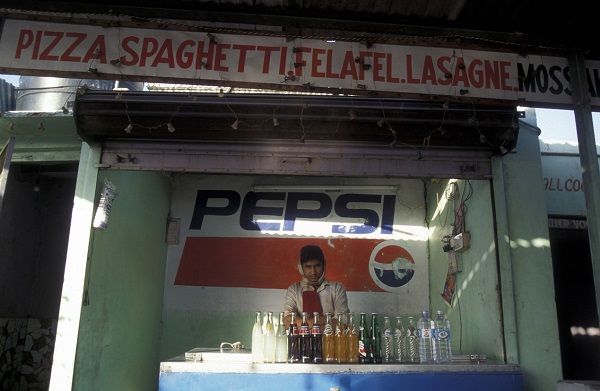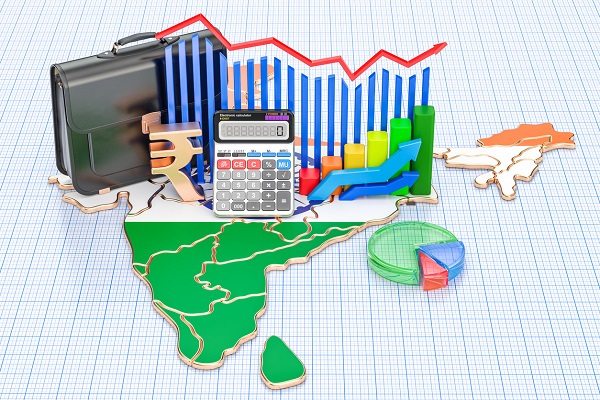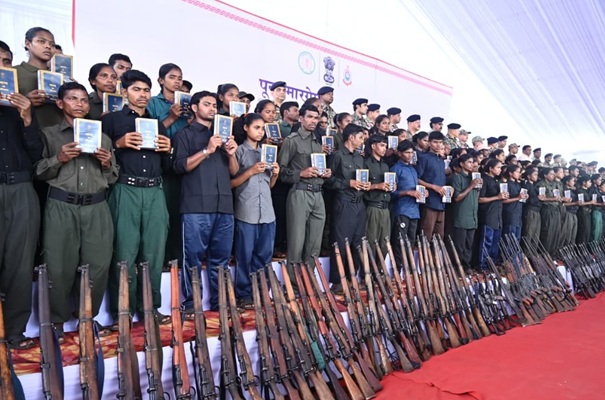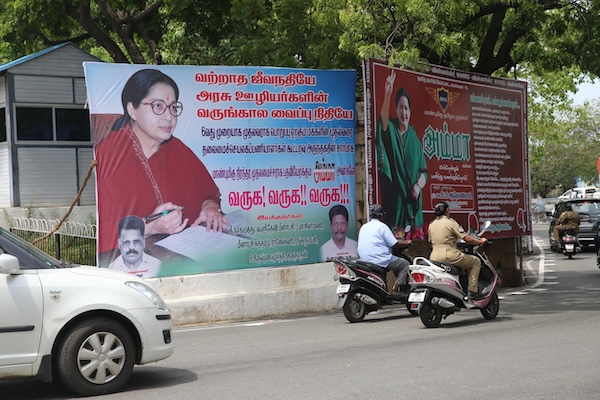.png)

Krishnadevan is Editorial Director at BasisPoint Insight. He has worked in the equity markets, and been a journalist at ET, AFX News, Reuters TV and Cogencis.
August 21, 2025 at 1:04 PM IST
“Consumer demand is there and that is not a real challenge for us,” Varun Beverages’ management told investors during the April-June earnings call. “Of course, competition is there. However, they will get their share, and we will get ours.” The comment exudes the company's confidence in operations, but it is also the quarter's most telling admission.
What makes this particularly significant is that Varun Beverages isn't just another bottler. As PepsiCo's second-largest franchisee globally, handling more than 90% of PepsiCo India's beverage sales, Varun Beverages is effectively PepsiCo in India.
This frankness comes at a time when India's beverage market has turned into an all-out brawl. New players are burning cash on flashy advertising campaigns, established rivals are building new factories, and everyone seems to be offering deals to grab customers. Yet, Varun Beverages has chosen a different path, betting on better operations rather than louder marketing.
The financial results tell a less flattering story. India volumes fell 3% and sales dropped 2.5%, which meant they had to cut prices by 2% to keep distributors happy. This wasn't simply bad weather hurting business, but price concessions made under competitive fire. When management pushed water sales higher to maintain distributor volumes, it was tactical flexibility amid strategic pressure.
India's cola wars have reignited with a vengeance in 2025. New entrants like Reliance's Campa Cola have aggressively priced their products, forcing legacy giants Coca-Cola and PepsiCo to counter with marketing pushes and promotional discounts. This volatile environment has put further pressure on Varun Beverages as PepsiCo's primary bottler, compelling them to absorb price cuts and focus on operational resilience. The timing couldn't have been worse.
Air conditioner companies saw sales crash 20-25%, and anything related to summer took a beating as early monsoons washed out the peak season. Varun Beverages faced another challenge, too. They had to fight both the rains and increasingly aggressive competitors. Most beverage sales and virtually all profits get realised during the April-June quarter, making the unseasonal rains particularly damaging.
Varun Beverages managed to report higher profits despite lower sales, even as competitors turned up the heat. The real test is whether this profit resilience comes from genuine competitive muscle or cost efficiencies that won't last when the pressure really mounts.
The company aims to quench the cola demand by tightening distribution and relocating production closer to customers. As Pepsi’s bottler, Varun Beverages focuses on “below-the-line” activities such as direct marketing, promotions, and in-store activities, while Pepsi India invests in traditional advertising channels like TV, radio, and print.
But Campa Cola has Reliance Industries’ deep pockets and Coca-Cola just got deeper penetration with customers in the fast food segment with Jubilant Bhartia group’s investment in its bottling company. This could impact both mind space and distribution channels. The 15% year-on-year expansion in visi-cooler placements and a joint venture for in-house cooler manufacturing signal serious long-term competitive positioning. But visi-coolers, once an advantage, no longer offer strategic gains to Varun Beverages, as rivals can nudge them out by offering retailers better trade terms.
While the Indian beverages market became a battlefield, Varun Beverages’ African operations provided a lifeline. Robust growth abroad while struggling at home shows just how intense things have become in the core market. The risk now is betting too heavily on overseas success while the home front faces sustained assault.
Building factories that can quickly switch between sodas, juices, and water is an indication that Varun Beverages expects the market to keep shifting. This flexibility is an insurance against unpredictable competition, but it comes with trade-offs.
Right now, the company reaches 4 million of India's 12 million retail outlets, with plans to expand to 4.3-4.4 million by year-end. Instead of panicking about competition, the company is treating it as a reason to expand faster. When management talks about India being “significantly underpenetrated,” they mean there's room for everyone to grow without stealing from each other. Whether this strategy withstands sustained pressure remains the key test ahead.
After all, India's per capita soft drink consumption remains just 12 litres annually, compared with 79 litres in China and 359 litres in the US, suggesting enormous room for category expansion. For now, Varun Beverages claims it serves PepsiCo beverages to 20% of the world’s population, even as its biggest fight is still at home.




